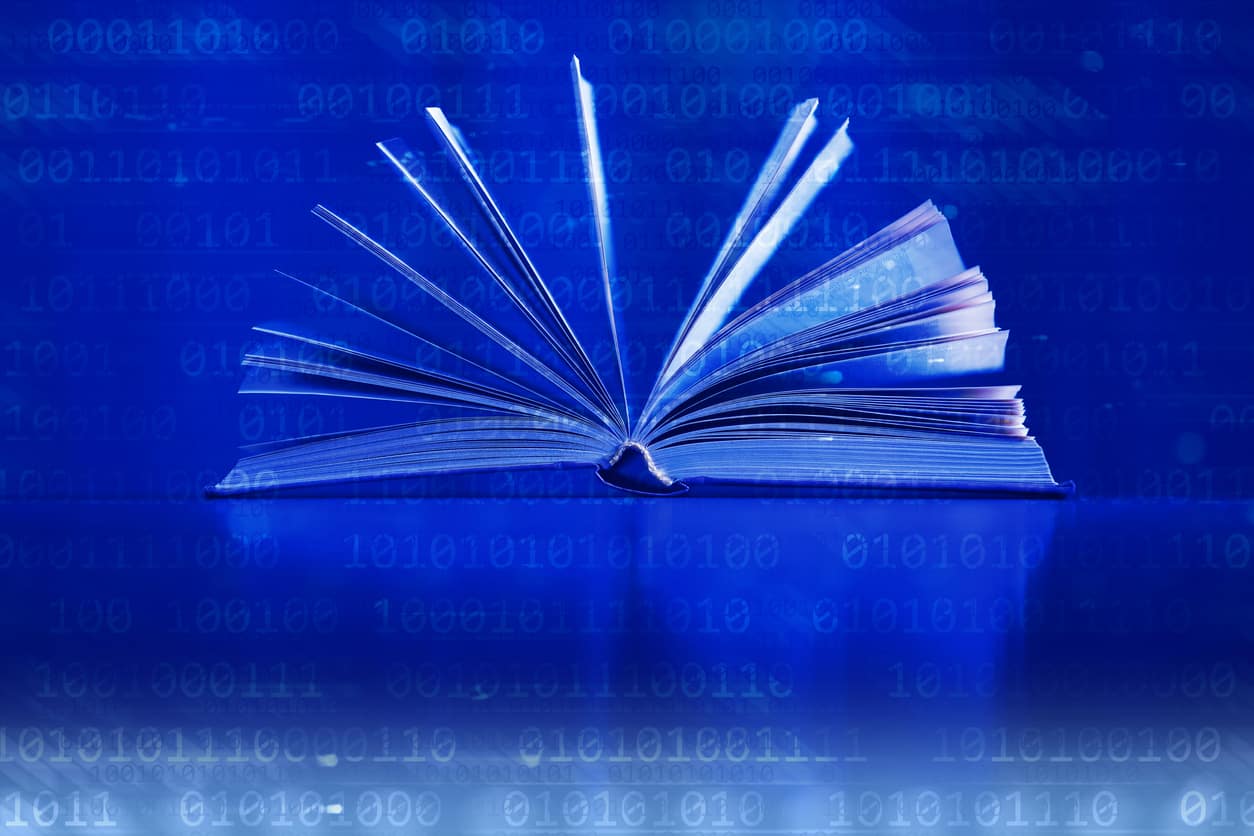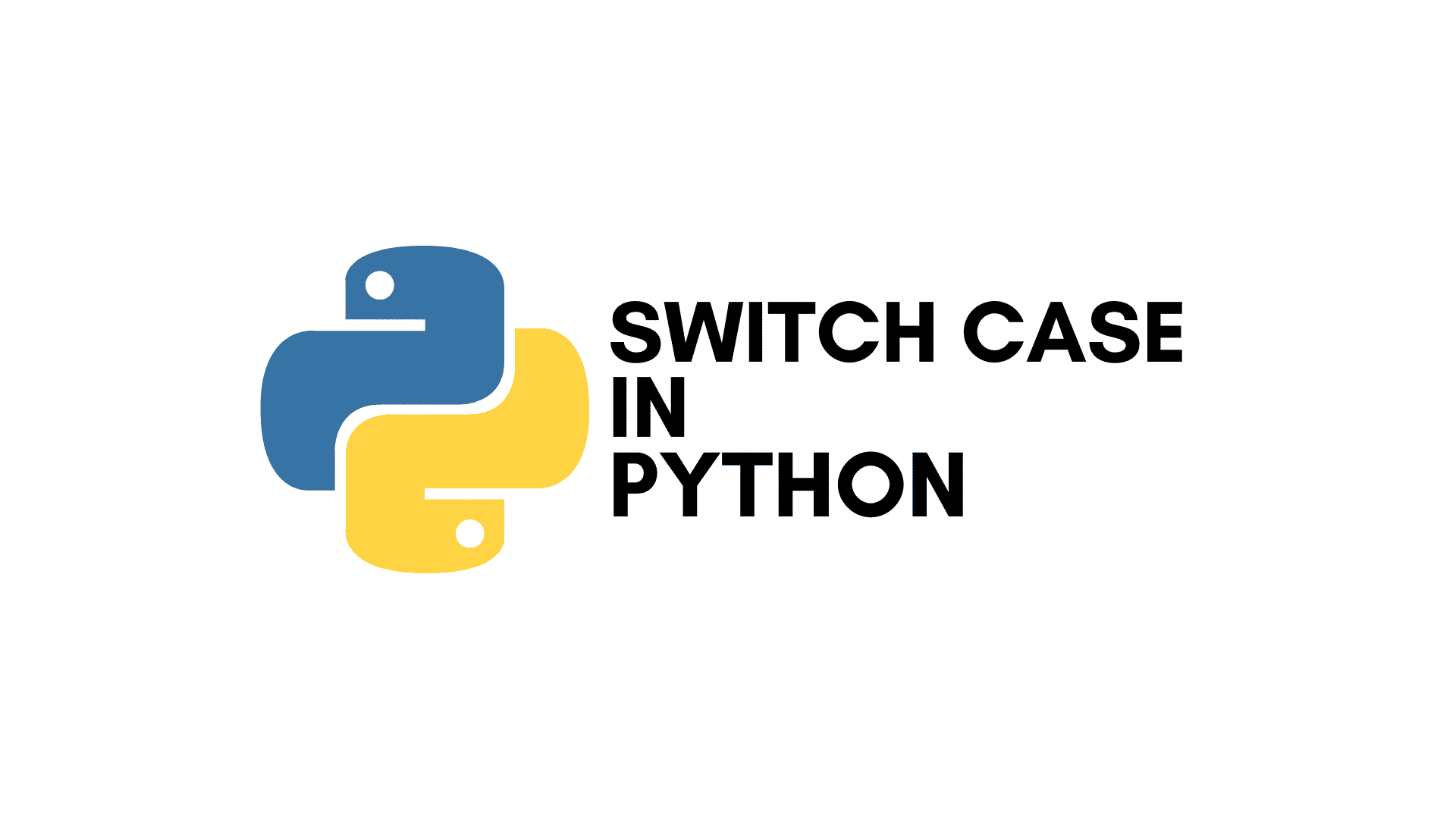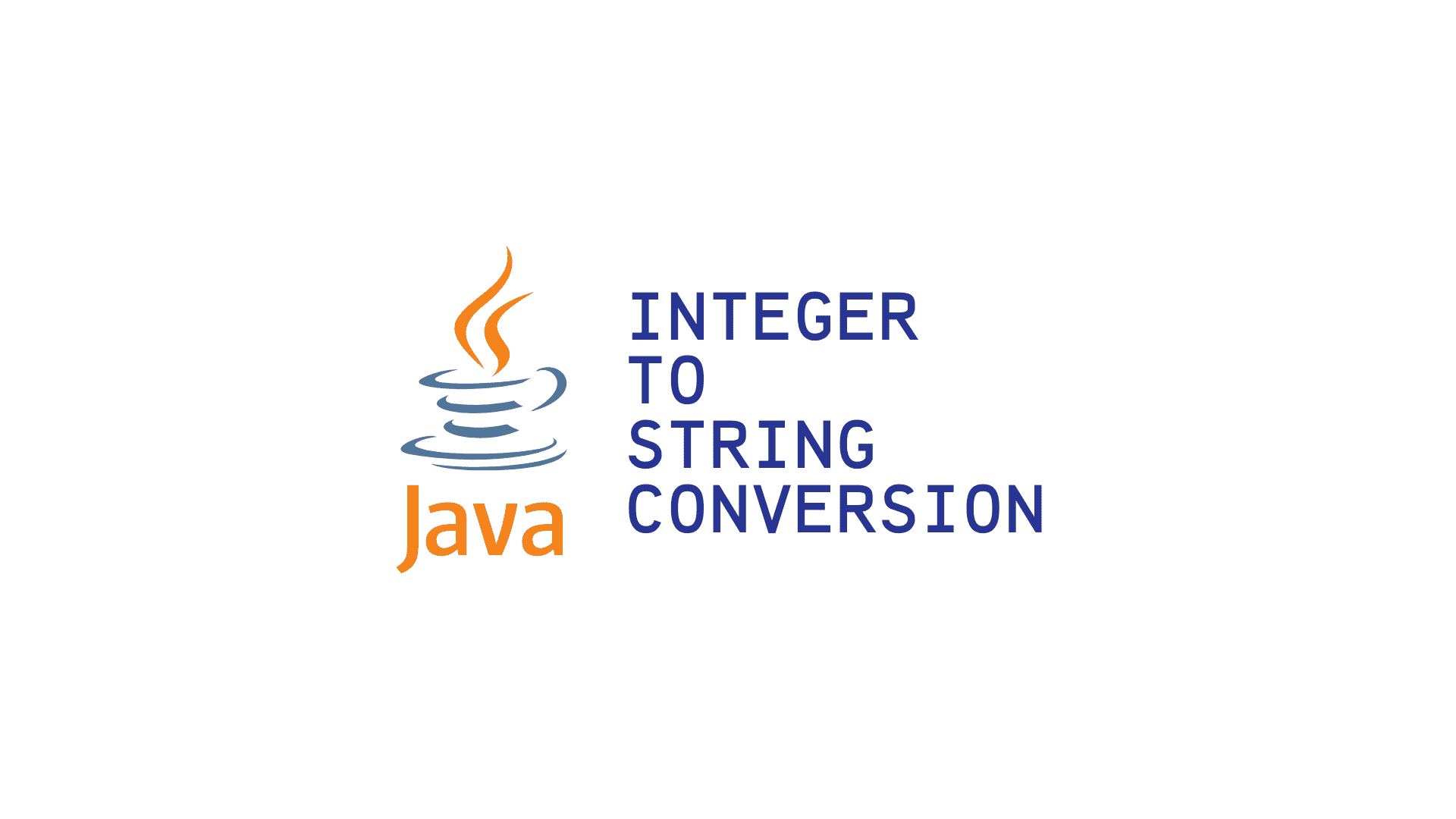In the world of programming languages, C++ is considered an object-oriented programming (OOP) language. If you wish to start your learning journey, you can start with the help of Books on C++ or by taking up a C++ free online course. In terms of creating large-scale applications, C++ is considered the best language. C++ can be called a superset of the C language.
The C++ programming language provides a model that comprises memory and computation, and these are very similar to that of most computers. And also, its powerful and flexible mechanisms for abstraction (language constructs) enable programmers to introduce and use new types of objects that resemble the concepts of an application.
Master key C++ programming concepts like variables, functions, OOP, and control structures. Build real-world projects such as a banking system and grade management tool.
The main intention of designing and developing C++ was to deliver the flexibility and efficiency of C for systems programming together with Simula’s facilities for program organization, generally referred to as object-oriented programming.
The credit for the design and development of the C++ Programming language goes to Bjarne Stroustrup, a Danish computer scientist, a visiting professor at Columbia University, and also a Managing Director at Morgan Stanley, New York. AT&T Bell Laboratories to combine the organizational and design strengths of Simula with C’s facilities for systems programming is the eye-witness of this important event.
The specially designed abstraction mechanisms of C++ can be applied to programming tasks where the highest degree of efficiency and flexibility is needed. It started support for generic programming late as a specific priority.
Initially, C++ was known as ‘‘C with Classes’’. It was renamed C++ in 1983. "++" in programming is described as "shorthand for adding one to variety." Therefore, C++ generally translates to “one higher than C.”
The first time C++ was used was in 1980. It provides support to traditional system programming techniques and data abstraction. The basic facilities for object-oriented programming and object-oriented design were added to it in 1993, and gradually the programming techniques were introduced into the C++ community. In 1985, the C++ language was first launched commercially in the market. Formal standardization of C++ was carried out in 1990 under the Authority of the American National Standards Institute, ANSI, and later the International Standards Organization, ISO, leading to an international standard in 1998.
- Best Books on C++
- Books For Beginners
- Books For Intermediate
- Books For Advanced Professionals
- Conclusion
- FAQs
Best Books On C++
Books have always been playing an important role in everyone's life. Books provide support in broadening the horizons and show a way to connect with the world around us.
If we talk about learning the C++ programming language, many scholars have come forward and, using their previous experiences, have written many important and valuable books, and with the help of these books one, who is interested to learn the C++ Programming language can learn it effectively and if practiced systematically can become a master. There are some best books on C++ available in the market that can help you to meet your target of becoming an expert in C++.
We brought this article to help you in this regard. We will also discuss the best books on C++ available in the market that can be very useful to start with.
Free Resouces To Learn C++
Also Read: Simple C++ Programs
Books on C++ For Beginners
1. The C++ Programming Language (4th Edition) By Bjarne Stroustrup
The specialty of this book is that it is written by Bjarne Stroustrup, who is well known as a creator of C++. Its contents are so impressive that they can benefit programmers of any level. This book is released as the fourth version of it. Extensive details about C++ and exercises for practicing are contained in this book. This book helps the programmers to learn many things about C++, such as basic concepts of C++, containers, libraries, OOPS (Object-Oriented Programming), and many more. The author has also contributed to the programming world with some other books written on C++. Presently, he is playing an important role as a member of the U.S National academy of engineering.
2. C++ Primer 5th Edition
C++ Primer (5th Edition) 5th Edition is written by Stanley B. Lippman, a computer scientist and author, widely famous as an author of the C++ Primer book and also he has worked with Bjarne Stroustrup at Bell Laboratories during the early stages of C++ development.
It starts by introducing the C++ standard library. It enables a programmer to write useful programs without mastering every aspect of the C++ language. This book comprises many examples with the demonstration.
This book is ideal for beginners who have a keen interest in knowing C++ core concepts and techniques. With the help of the examples provided in this book, the best coding styles, and program design techniques can be learned.
3. C++ in One Hour a Day, Sams Teach Yourself 8th Edition
C++ in this book is presented practically. This book helps a programmer to learn the following:
- Making faster, simpler, and more efficient C++ applications.
- The best use of C++ features such as assignment operators, lambda expressions, and move constructors for writing efficient code is explained in this book.
- The object-oriented programming concepts such as encapsulation, abstraction, inheritance, and polymorphism.
- The use of Standard Template Libraries algorithms to write feature-rich and stable C++ applications.
4. C++ Pocket Reference 1st Edition Accelerated C++:
This introductory book that contains a practical approach to solving problems using C++ is written by Andrew Koenig. A wider scope of C++ programming is included in this book than in other introductory books.
In addition to the language features, real problems and solutions are also explained in this book. The language and standard library are covered here, and it helps to learn standard libraries from the start.
5. C++ All-in-One For Dummies 3rd Edition
It is considered an ideal handbook and an ultimate guide to C++ to C++ programmers. John Paul Mueller, a well-known authority in the software industry, has written this book. This book is helpful in the following way:
- To learn working with objects and classes.
- To learn advanced coding skills using various C++ concepts.
- To discover how lambda expressions are useful to make code more concise and readable.
- To produce code faster and better than ever.
6. A Tour of C++ (C++ In-Depth Series) 1st Edition
Written by Bjarne Stroustrup, this book offers all the references for C++ core concepts and practical coding to the programmers to know what constitutes modern C++. This concise book is a self-contained guide.
Many C++ language features and major standard-library components are covered by the author in this book.
This book gives programmers a meaningful overview of the language of a high level, and also key examples and many coding examples that help to get started.
7. C++ Pocket Reference
The C++ Pocket Reference book is written by Kyle Loudon and serves as additional memory for the C++ programmers. This handy pocket-size book helps programmers to refer quickly to the usage and syntax for unfamiliar and infrequently used aspects of the language.
Various important information about C++ is contained in this book, such as Information on C++ types and type conversions, the syntax for C++ statements and preprocessor directives, pointers, arrays, expressions, strings, etc. Also, the concepts of C++, like namespaces and scope, are explained in this book.
8. A Tour of C++ (C++ In-Depth Series) 1st Edition
Presenting the book "A tour of C++" for the programmers is another brilliant work by Bjarne Stroustrup. In this book, the programmers can find the complete references for C++ core concepts and practical coding. This enables programmers to understand what constitutes modern C++ in a better way. This concise book can be called a self-contained guide.
Many C++ language features, major standard-library components, key examples, and coding examples are covered in this book. This book provides a high level of guidance to the programmers to understand a meaningful overview of the language.
9. A Complete Guide to Programming in C++
For the beginners, Ulla Kirch-Prinz has done appreciated work. Its reading material is very useful for beginners. It elaborates the C++ language components in a better way. It guides how to document functions and also exhibits the difference between pointers and arrays. It teaches about Fundamentals, Fundamental Types, Variables, and constants.
The programmers also learn how to use Functions and Classes and Input and Output with Streams. It provides knowledge about Operators for Fundamental Types, Control Flow, Symbolic Constants and Macros, Converting Arithmetic Types, and The Standard Class String Functions.
10. Beginning C++ Through Game Programming
The 3rd Edition of this book, written by Michael Dawson, takes the programmers on a journey of game programming. An amateur programmer having no previous experience in game development can also learn new skills and concepts with the help of simple language and step-by-step instructions provided in this book.
The programmers can learn the following things with the help of this book:
- The Standard Template Library (Hangman)
- Types, Variables, and Standard I/O: Lost Fortune For Loops, Strings, and Arrays: Word Jumble
- Functions (Mad Lib)
- References (Tic-Tac-Toe)
- Classes: Critter Caretaker Advanced Classes and Dynamic Memory Game Lobby
- Pointers (Tic-Tac-Toe 2.0)
- Inheritance and Polymorphism (Blackjack)
Books For Intermediate
1. The Design and Evolution of C++
This is another fine creation of Bjarne Stroustrup, the inventor of C++. This book presents the classic description of the design and evolution of the C++ programming language.
This book serves the following:
- Provides insights into the purposes, principles, and real-world constraints of C++
- Introduces design decisions for individual language features
- Demonstrates the relations between C++ language features, the design and programming methods supported by C++
- Discuss the design of the new language features such as type information, exceptions, run-time, and namespaces.
2. C++ Primer Plus (6th Edition)
This book, written by Stephen Prata, includes interesting explanations and well-explained examples, and it delivers a solid background in the language to the programmers. The concept of object-oriented programming is well-covered in this book. It is useful in the following way:
- A detailed chapter tells about the differences and additional capabilities presented in the C++11 standard
- Impressive discussion of basic C language and other C++ features
- Important advice about how to utilize a feature
- Provides knowledge with concise and easy-to-understand examples that help to enhance knowledge and concept
3. Exceptional C++
This book is a great effort of Herb Sutter, who has created this interesting C++ puzzle book. This book contains a detailed explanation of how to do proper resource management and exception handling in C++. It also provides detailed coverage of a variety of other topics, including name lookup, good class design, and the C++ memory model.
4. More Exceptional C++
This book can be said to be another good work of Herb Shutter in which additional exception safety topics are covered that were not present in the last book, "Exceptional C++." Additionally, effective object-oriented programming in C++ and correct use of the standard template library (STL) along with Effective STL and Effective C++ are discussed impressively in this book.
5. Beyond the C++ Standard Library: An Introduction to Boost
Boost is known as one of the best C++ libraries for real-world projects, and this thing should be noticed by every experienced C++ developer. This book explains every aspect of base Boost libraries, and it also describes how and why these libraries should be used. This is a very good book for intermediate-level programmers that teaches them how Boost libraries can be used effectively. This book is also useful in learning advanced C++ Programming.
6. Modern C++ Design
The author of Modern C++ Design is Andrei Alexandrescu. To learn advanced generic programming techniques, this is one of the best books. This book is very helpful in learning the following:
- Policy-based design, type lists, and fundamental generic programming idioms
- How to implement many useful design patterns effectively like small object allocators, functors, factories, visitors, and multi-methods
- Use of templates to make code flexible and reusable
- How to use features like unified initialization, type traits, and smart pointers to design a safe and high-performance C++ application
7. C++ Template Metaprogramming
This book, written by Aleksey Gurtovoy, is based on Boost Metaprogramming Library. This book helps the programmers in the following way:
- To learn how to avoid repeating code
- Templates are used widely in development, particularly in embedded programming to create high-performance code
8. More Effective C++
This book is also written by Scott Meyers, and it is an updated version of Effective C++ in which more rules of thumb than Effective C++ are introduced.
9. C++ Standard Library, The: A Tutorial and Reference
Nicolai M. Josuttis, an independent technical consultant, has written this book. This book provides in-depth coverage of C++, especially the current C++11 standard. This book covers almost every part of the standard library.
10. Accelerated C++
This book written by Andrew Koenig and Barbara E. Moo helps in the following:
- To learn C++ immediately and write better and more powerful C++ programs.
- Covers virtually every concept of C++ programmers, including high-level C++ data structures and algorithms that are needed to write robust programs immediately.
- The book mainly focused on solving problems rather than learning language and library features.
Books For Advanced Professionals
1. Modern C++ Design
This book, written by Andrei Alexandrescu, is considered one of the best books on advanced generic programming techniques that contains C++ in-depth. This book is very useful for:
- To teach policy-based design, type lists, and fundamental generic programming idioms.
- Explains many useful design patterns that include small object allocators, functors, factories, visitors, and multi-methods that can be implemented efficiently, modularly, and cleanly by using generic programming.
- Aims to make C++ programming simpler and teaches heavy use of templates to make code flexible and reusable.
- Includes features like unified initialization, type traits, and smart pointers that are useful to design a safe and high-performance C++ application with reduced resources and high code reusability.
2. Professional C++
This book is written by Marc Gregoire. The description of this book is as follows:
- Improves existing C++ competencies quickly and efficiently
- Provides a complete comprehensive overview of the new capabilities of C++20
- Provides a detailed explanation of each feature of the newly updated programming language with examples
- Provides case studies that include extensive, working code
- Helps to maximize the capabilities of C++ with effective design solutions
3. Programming: Principles and Practice Using C++
This book, written by Bjarne Stroustrup, helps programmers to sharpen their programming skills. The evaluation of this book is as follows:
- The best practices for structuring the code are mentioned in it that can help the programmers become an expert.
- It discusses both object-oriented programming and generic programming.
- It provides a robust foundation for the C++ programming language.
- It starts with a C++ programming introduction and moves to core concepts like objects, types, statements, functions, errors, vectors, classes, and I/O.
- It comprises problem exercises and examples to help programmers to grasp the concepts quickly and effectively.
4. C++ Components and Algorithms
This definitive guide for advanced-level C++ programmers is written by Scott Robert Ladd. In-depth knowledge of under-documented C++ concepts is provided in this book. This book comes with a disc in which all code from the book is contained, which is an added advantage for coders.
This book includes:
- Reusable libraries that are compatible with the latest versions of C++ compilers for common data handling tasks
- A comprehensive class library for BTree indexed files, including searching, insertion, and deletion
- Importance of various templates that enable single functions to handle multiple data types
5. The C++ Standard Template Library
This book is an excellent work by P.J. Plauger, Alexander Stepanov, Meng Lee, and David Musser. This book acts as a perfect guide for C++ developers to help in maximizing productivity, enhancing software quality, and boosting performance. Its basic container classes, and fundamental algorithms, in addition to a clean, efficient, and elegant framework for C++ development, serve a useful purpose. It describes each component of the C++ Standard Template Library, techniques to use that component, and hands-on exercises.
6. C++ Programming: Program Design Including Data Structure (Seventh Edition)
The creator of this book is D.S. Malik is a professor of Mathematics and Ph.D. from Ohio University.
For the CS1/CS2 course sequence, this edition serves as the perfect guide. The student-centered and time-tested methodology are used to describe the C++ program design and data structure concepts.
It provides full-code examples to help the programmers to know how and why to apply the programming concepts for solving a particular problem. Each chapter ends with useful exercises to carry out practices.
7. Effective C++
Scott Meyers has written this book intending to provide the best book C++ to experienced programmers.
This book provides 50+ best practices and rules of thumb, along with explanations for the programmers in a very accessible way.
Detailed explanation on designing classes (effective by nature), crisp functions, templates, and most importantly, inheritance hierarchies.
The newly added “TR1” and the various applications of the functionality of the standard library. The book further simplifies the explanation by explaining the relationship between the components of the new “TR1” standard library and the previously existing library components.
The ways in which the C++ language is different from the rest of the coding languages, such as C#, Java, or C, etc., are also explained, providing a better understanding of dealing with problems in the C++ way.
Even though the book is not the latest one, the advice given to the programmers in this book is still applicable.
8. Effective Modern C++
Effective Modern C++ is written by Scott Meyers and presented in the form of guidelines, not as rules, considering that guidelines have exceptions. Advice is offered in this book with rationale. By reading this book, the programmers become capable of analyzing whether their projects meet the guidelines of this book or not. This book gives a deeper insight into the working patterns of C++.
- The advantages and disadvantages of braced initialization noexcept specifications, smart pointer make functions and perfect forwarding.
- std::move, std::forward, rvalue references, and universal references; and the relationship between the four.
- Lambda expressions and how to write them correctly and effectively
- The difference between std::atomic and volatile, various ways of using them, and the relationship between them and C++'s concurrency API
- The new ways of programming in C++ are modern, and the difference between the new ways and the old ways.
9. C++ Standard Library, The: A Tutorial And Reference 2nd Edition
Nicolai M. Josuttis, systems architect and a technical manager, has written this book for the programmers to offer comprehensive documentation of each library component, including an introduction to its purpose and design.
The new library components of C++11 are covered,
- Concurrency
- Fractional arithmetic
- Clocks and timers
- Tuples
- Updated STL containers
- Updated STL algorithms
- Updated smart pointers
- Updated locale facets
- Random numbers and distributions
- Type traits and utilities
- Regular expressions
This book presents practical programming details needed for effective coding. It also includes signatures, important classes and functions, and a lot of examples of working code. This book contains various topics like Standard Template Library (STL), checking containers, iterators, function objects, etc.
10. C++ Concurrency In Action
This book is authored by Anthony Williams. It is considered a great book for experienced C++ developers or someone having the desire to become a C++ expert programmer.
Concurrent development and its various aspects are explained beautifully. Also, it explains the complete procedure of creating new threads and writing multithreaded algorithms and data structures. The chapters are equipped with detailed examples for better understanding. If you want to solve some examples, you can try out the practical tasks provided after every topic. Informative insights provided can give you a better hand when dealing with real-life situational problems.
- The latest C++ 17 features explained
- Starting and managing threads
- A detailed explanation of how to synchronize concurrent operations
- Concurrent code designing
- Multithreaded applications are debugging.
This is the second edition of its type, which was released last year. It is an updated version that covers all the latest changes from C++ 14 and C++ 17.
The book provides immense guidance to the programmers who are willing to write a robust, high-performance, and elegant concurrent C++ application. This book is highly recommended for serious programmers.
Conclusion
Now at the end of this article on the best books on C++, we can assume that we have succeeded in providing important information about various important books for all levels of programmers related to learning C++. After going through the books on C++ mentioned above, you can also watch various video lectures and attempt to solve the available coding questions for better practice and to develop a mastery of the topics.
Explore a more structured learning path with our online courses with certificates, perfect for anyone looking to enhance their knowledge.
FAQs
No, the concepts of programming are different in C and C++. C is known as a procedural programming language whereas C++ is object oriented programming language. There is no need to learn C before starting learning C++ even though they use common library functions.
This is a difficult question and can not be answered with a straightforward yes or no. Many things need to be considered. For example, if a programmer has ample time then he can try learning by books but there is a possibility that he may lose some root knowledge. Many C++ scholars have contributed their precious experience and time to the software community in the form of books. Bjarne Stroustrup, creator of C++ is one of them.
To do self-learning a programmer requires discipline, commitment and a fire inside himself to hit the target but overall he is self-driven.
Whereas, if we talk about training institutes, their courses are time-based and their contents are prepared to keep present competition point of view and once admission taken in any training institutes then the learning environment and competition there will force continuously to excel and emerge as the winner.
Now decide for yourself what should be the correct choice.
Yes, C++ is faster than Java because of the following reasons:
It is compiled to binaries, so it runs immediately
The lighter memory footprint results in better cache performance.
One important thing to note is that to use all the capabilities of C++, the developer must work hard, and superior results can be achieved by using the brain.
It depends on the current requirements of a programmer. If looking at performance, speed, vast application areas, etc then the answer is "yes" and since C++ is statistically typed, it is faster than Python and provides a faster compilation of code.
Though, there are some exceptions to it, such as, if looking at simplicity and easy syntax, Python language is far better than C++. Also, it is easy to understand the concepts through python language and extra help is provided by the infinite number of libraries existing in python.
Current statistics available reveal that "The C++ Programming Language" book, written by the God of C++ "Bjarne Stroustrup", published in October 1985, is considered the best book to learn C++. However, others may have different views.






